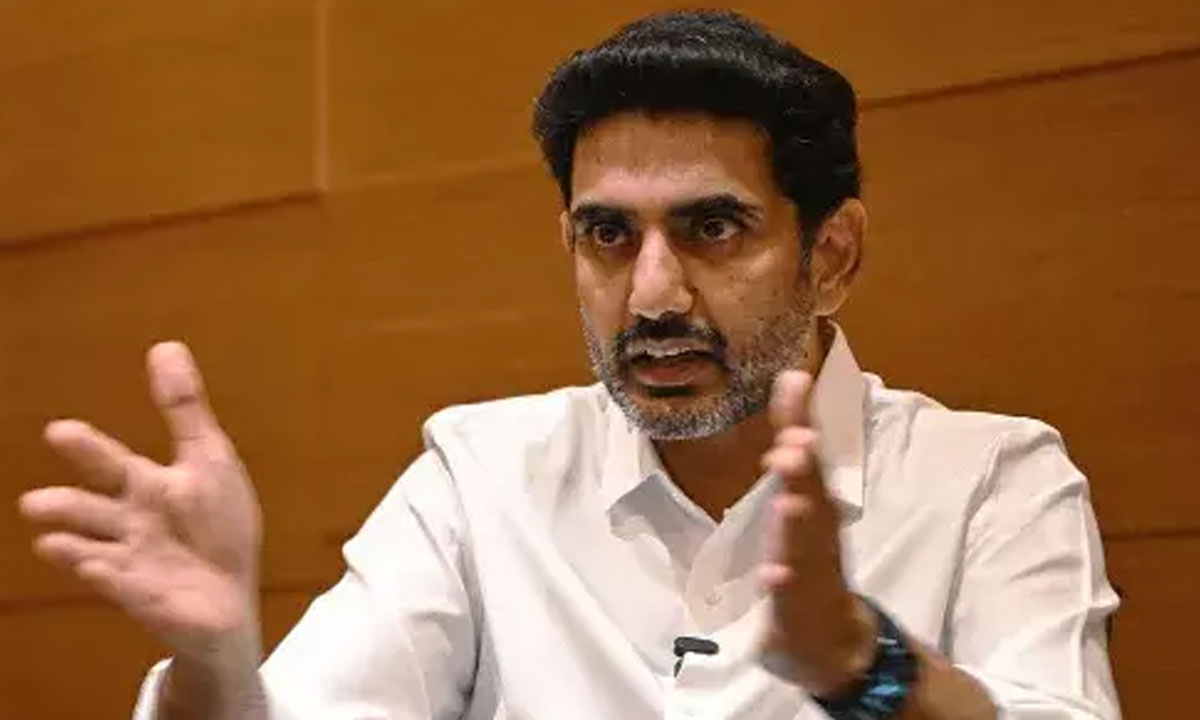Sunita Narain, director general, Centre for Science and Environment (CSE) said that recent Delhi Assembly elections reflect increased environmental consciousness. Speaking at the Anil Agarwal Dialogue 2025, an annual conclave of journalists from India who write on environment and development issues, however, she deplored over the a way of environmental management that is expensive and non-inclusive.
“There is good and bad news as we move ahead in 2025. The good news is there is increased environmental consciousness. The 2025 Delhi assembly elections told us that clean air, clean Yamuna, and garbage on the streets were issues that voters were concerned about. Governments are introducing programmes for the environment; farmers care about their soil and water; industry needs resource security without any conflicts”, she said.
On the ‘bad news’ front, she added “we are saddled with programmes that are not ambitious enough; institutions that are weak; and a way of environmental management that is expensive and non-inclusive.”
Over 80 journalists from across the country are participating in this one-of-its-kind platform, organised every year by CSE at its facility, the Anil Agarwal Environment Training Institute, located in Nimli, Rajasthan.
Narain released the 2025 State of India’s Environment report along with India’s G20 Sherpa Amitabh Kant; former deputy chairperson of the Planning Commission Montek Singh Ahluwalia; and management and financial guru Raj Liberhan.
Kant said: “If in India, 42 of our cities are among the world’s 50 most polluted ones — this points to a huge failure of municipal governance. We need to replicate successful models of cities like Surat and Indore.”
Ahluwalia focused on two critical aspects – that of water use and pricing and of industrial pollution. He pointed out: “With time, water issues will become worse. We have to recognise that water has to be economised – either you nationalise and ration the entire water supply or you price water adequately… With industry, there should be absolutely no compromise on pollution and wastewater. The polluter must pay – regardless of whether they are small or large.”
Warmest year on record
The State of India’s Environment report quotes the European Union’s Copernicus Climate Change Service, which says that 2024 was the first calendar year with a global average temperature “clearly exceeding” 1.5 o C above the pre-industrial level.
Write the report’s authors: “For the first generation of the 21 st century – Generation Alpha – it is an inheritance of profound loss. For their predecessors, climate change has been an unfolding planetary emergency. But Generation Alpha – which will comprise an estimated two billion people by 2025, making it the largest generation in history – is enduring a climatologically changed, warmer planet.”
The year 2024, in fact, was the warmest year on record, with the average global temperature at 1.60 o C above the pre-industrial era (1850-1900) average. Says Kiran Pandey, programme director, environmental resources at CSE: “2024 will be remembered as the year that divided the pre- and post-climate change eras.”
She adds: “Given the fact that atmospheric moisture levels rise by 7 per cent for every one degree rise in global average temperatures, this is a perfect brew for planetary disruptions in terms of extreme weather events.”










